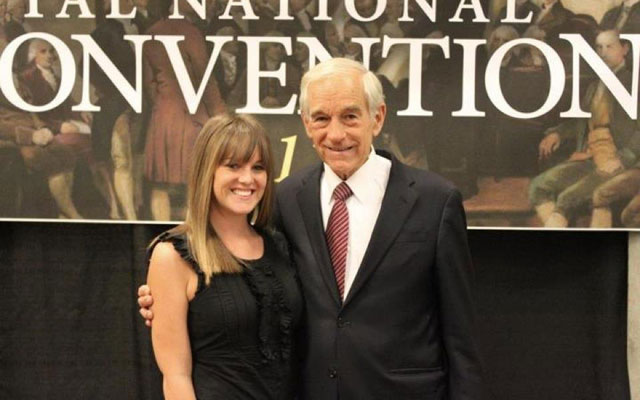She was handcuffed and hauled to the police station. She was fingerprinted and photographed. She was interrogated. She was strip-searched, given a jumpsuit, and locked into an overcrowded jail with several other women for eight hours.
That’s what happens when you get arrested. And that’s what happened to Crissy Brown after she failed to pay a ticket for an expired license plate.
To be sure, Crissy did neglect the ticket. Crissy, like many students at the University of Alabama, has had a great deal of difficulty paying her bills. Her financial obligations have been particularly burdensome because she’s paying her way through college. She waitressed as a way of making ends meet, but the job did not pay her enough to comfortably pay licensing fees. Thus, she postponed the inevitable.
She admits that she was wrong to do so. The question is whether that wrong should have been grounds for arrest.
Crissy, after all, missed a single ticket payment; she was not an inveterate deadbeat who willfully ignored paying multiple traffic tickets. Most people would probably not regard her omission as a grave moral wrong or expect it to be a criminal offense. At the very least, she should have been given some warning that failure to pay a ticket issued for a traffic violation in a timely manner could result in her arrest. What if she had simply forgotten about the ticket? Yes, that would have been negligent on her part—but worthy of cuffing, arresting, and strip searching her? Except in the most extreme circumstances, negligent behavior should not result in a criminal charge.
Some might argue that the law is the law is the law, and Crissy probably wasn’t treated any differently than anyone else who breaks it. But that argument misses the point. Crissy has come forward to tell her story precisely because she doesn’t want anyone else to suffer such a fate after neglecting one ticket.
The first step toward successfully addressing any problem is raising awareness of its existence. Crissy’s story makes plain that there is a problem: There are people who are being met with the full force of the criminal law after missing one ticket payment without any reason to expect it.
The next step is reform. Those who fail to pay civil fines should be given notice of escalating fines and explicit warnings that, if they persist, they will be arrested.
That’s not being soft on crime. That’s treating people like they expect to be and deserve to be treated.
The Heritage Foundation’s project USA vs. YOU spotlights the flood of criminal laws threatening our liberties. Explore more stories of overcriminalization and find out what you can do to reverse this trend.





























